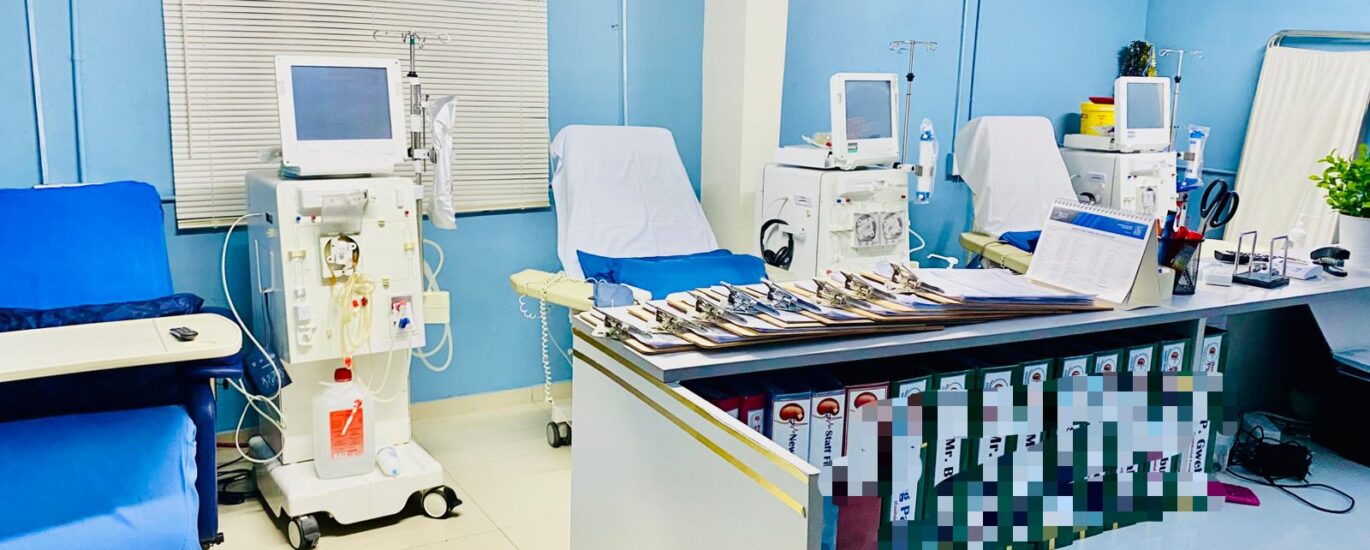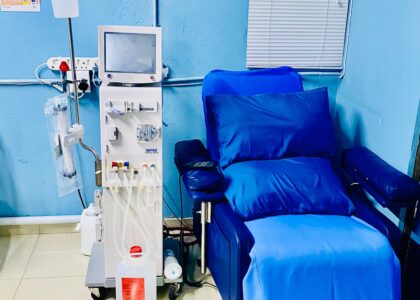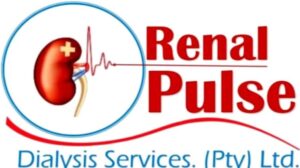Hemodialysis is a type of dialysis treatment that uses a machine to filter waste products and excess fluids from the blood. It is a life-saving treatment for patients with kidney failure, providing essential support and improving quality of life. In this blog, we will explore the role of hemodialysis in managing kidney disease and its benefits.
*What is Hemodialysis?*
Hemodialysis is a type of dialysis treatment that uses a machine to filter waste products and excess fluids from the blood. It works by:
1. *Removing waste products*: Hemodialysis removes waste products, such as urea, from the blood.
2. *Regulating electrolytes*: Hemodialysis helps regulate electrolyte levels, such as potassium and sodium, in the blood.
3. *Removing excess fluids*: Hemodialysis removes excess fluids from the body, which can help reduce blood pressure and alleviate symptoms.
*Benefits of Hemodialysis*
Hemodialysis provides several benefits, including:
1. *Improved survival*: Hemodialysis can improve survival rates for patients with kidney failure.
2. *Reduced symptoms*: Hemodialysis can help reduce symptoms associated with kidney failure, such as fatigue, nausea, and shortness of breath.
3. *Improved quality of life*: Hemodialysis can improve the overall quality of life for patients with kidney failure, allowing them to engage in daily activities and maintain some level of independence.

*Types of Hemodialysis*
There are several types of hemodialysis, including:
1. *In-center hemodialysis*: Patients receive treatment in a dialysis center.
2. *Home hemodialysis*: Patients receive treatment in their own homes.
3. *Nocturnal hemodialysis*: Patients receive treatment at night, while they sleep.
*What to Expect During Hemodialysis*
During hemodialysis, patients can expect:
1. *Regular treatments*: Hemodialysis typically requires regular treatments, 3-4 times a week.
2. *Vascular access*: Hemodialysis requires vascular access, which can be a challenge for some patients.
3. *Monitoring*: Patients undergoing hemodialysis require close monitoring to ensure the treatment is effective and to prevent complications.
*Living with Hemodialysis*
Living with hemodialysis requires a significant lifestyle adjustment, but with the right support and care, patients can lead fulfilling lives. It’s essential to:
1. *Follow a healthy diet*: A healthy diet can help manage symptoms and improve overall health.
2. *Stay hydrated*: Adequate hydration is essential for patients undergoing hemodialysis.
3. *Manage stress*: Stress management techniques, such as meditation or yoga, can help improve overall well-being.
*Conclusion*
Hemodialysis is a life-saving treatment for patients with kidney failure, providing essential support and improving quality of life. By understanding the role of hemodialysis in managing kidney disease, patients and healthcare providers can work together to develop effective treatment plans and improve patient outcomes.
*Take Action*
1. *Seek medical attention*: If you or a loved one is living with kidney disease, seek medical attention to discuss treatment options.
2. *Stay informed*: Educate yourself on hemodialysis and kidney disease to better understand the treatment options.
3. *Work with your healthcare team*: Collaborate with your healthcare team to develop a treatment plan that meets your individual needs.
By working together, we can improve patient outcomes and provide the best possible care for those affected by kidney disease.







